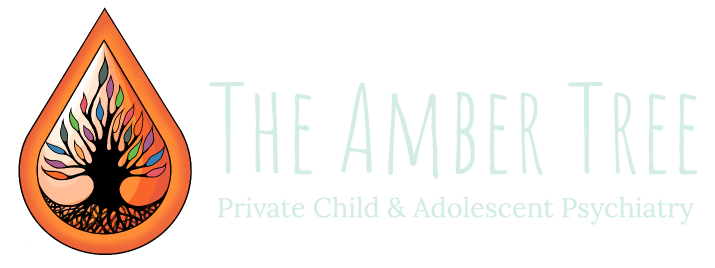Understanding Depression
Depression is a common mental health condition that can affect anyone. It’s more than just feeling sad for a day or two; it’s a persistent and often overwhelming feeling of sadness or emptiness that lasts for an extended period.
Signs of Depression
If you or someone you know is experiencing depression, you might notice:

- Persistent Sadness:
- Feeling sad, empty, or hopeless most of the time.
- Loss of Interest:
- Losing interest or pleasure in activities you used to enjoy.
- Changes in Sleep:
- Having trouble falling asleep or staying asleep, or sleeping too much.
- Changes in Appetite:
- Significant changes in appetite, leading to weight loss or gain.
- Low Energy:
- Feeling fatigued or having low energy levels most days.
- Difficulty Concentrating:
- Struggling to focus, remember things, or make decisions.
- Feelings of Worthlessness or Guilt:
- Believing you’re worthless or experiencing excessive guilt.
- Physical Symptoms:
- Unexplained aches and pains, headaches, or digestive problems.
- Isolation:
- Withdrawing from friends, family, and activities.
- Thoughts of Death or Suicide:
- Feeling like life isn’t worth living or thinking about suicide.
Causes of Depression
Depression can be caused by a combination of biological, environmental, and psychological factors. It’s important to know that it’s not your fault if you’re feeling this way.
Self Care
Taking care of your mental health is just as important as your physical health. Here are some self-care strategies that can help:
- Stay Active:
- Engage in activities that take you outdoors, you enjoy and that make you feel good.
- Maintain a Routine:
- Establishing a regular routine can provide a sense of structure and stability.
- Healthy Eating:
- Eating balanced meals can positively impact your mood and energy levels.
- Get Enough Sleep:
- Aim for 9 hours of sleep each night.
- Limit Stress:
- Find healthy ways to let out stress, or ways to reduce the source of stress.
- Connect with Others:
- Spend time with friends and family who are supportive and understanding.
You’re Not Alone
It’s important to know that you’re not alone in this. Many people have experienced depression and have found ways to feel better. Asking for help is a sign of strength, not weakness. Your feelings are valid, and there are people who care about you and want to help.
